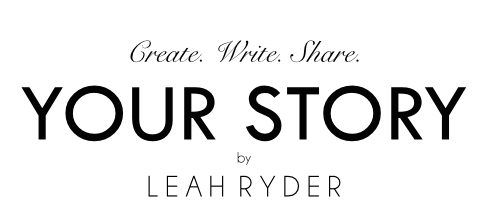 Content Marketing
Content Marketing
Have you heard of context marketing? That’s right – that’s with an ‘x’ instead of an ‘n’. Actually, if you Google it, you’ll basically see a split set of these two headlines variations:
Context vs. Content Marketing: Who’s King?
Context Marketing is the New Content Marketing, Losers!
It’s true: Marketing, along with every other thing in the world, is evolving and innovating with every new theory, technology and trend. But the attitude that these innovations come in a linear line of development (and one that is speeding up every day) is more than enough to give us all some serious industry vertigo. And, even worse, this idea of “one versus the other” and “this is the new that” is going to give our clients a serious reason to tell us to shut the heck up.
I actually love the idea of context marketing. Delivering the right message, to the right person, at the right time, in the right way is every marketer’s dirty dream. It draws me in like a tropical island utopian library-slash-yoga studio does. But I have to wonder – like my mindful book nerd paradise, how much of the hype is just hopeful talk, lofty projections and fuzzy results?
When it comes to content marketing, digital marketing, context marketing or any kind of marketing, really, these are the things I’m looking for:
Data (and lots of it): Actions that are founded on historical data, industry data trends and that track actionable goals with data at all times.
Technology: The use of time-saving, results-improving SaaS products, apps and other tech for the purpose of capitalizing on all available opportunities.
Solid strategy: A documented plan that covers all strategic aspects of the marketing effort in question. I’m talking buyer personas, buyer journeys, SMART goals, style guides, timelines, audits – the works.
Testing: A proving ground for strategies that follows each possible success tactic and tests them to make sure each effort is optimized in the real world.
Reporting: Regular check-ins on how actions are being received and goals achieved using both quantitative and qualitative data. My favorite style of report also contextualizes the findings with a quick summary of their impact on the organization as a whole.
Creativity: For me, all of the above requirements are just setting the scene for the main act – the creative acts that we pursue to delight, inspire, challenge, help and educate our audience.
And then, all of this on repeat.
Honestly, I’m all in with context marketing. I actually think that, soon enough, it will just be called plain ol’ marketing. Marketing automation software will be a uncontested budget item. Experience with journey building will be an entry-level skill.
But look at all the above requirements on my list.
How do they belong to one discipline more than another?
If the message is that just having great content is no longer enough – well, it never was. The problem is that some marketers believed that to be the case and somehow it was established as a truth-at-large for many businesses. Tracking results, optimizing processes with technology, testing and strategizing buyer journeys should have always been a part of the equation.
If the message is that everyone should be taking advantage of big data, smart technology and marketing automation to the best of their ability, then yes – budget permitting, we all probably should. Giving our audience the best experience is what we do.
But without content marketing fundamentals, the message would be wrong. Without content strategy it could miss the mark with its target audience. Without quantitative goals, data or reporting, we’d never know why we were doing all of this in the first place.
This is not some colonial situation where one approach dominates and eclipses another. It’s an evolution of skill, theory and technology that builds on what came before. It’s our responsibility as marketers to use the best of what’s available to be as accurate as possible. I love that context marketing is defined by this, but I’d love even more for all of it to be represented by marketing, period.
Recommended Posts

The mindful practice of creative #winning
14 Mar 2016 - Writing



![How to build a drool-worthy buyer journey trail [Infographic]](http://www.leahryder.com/wp-content/uploads/2016/03/How-to-build-a-buyer-journey-checklist-infographic-420x390.jpg)